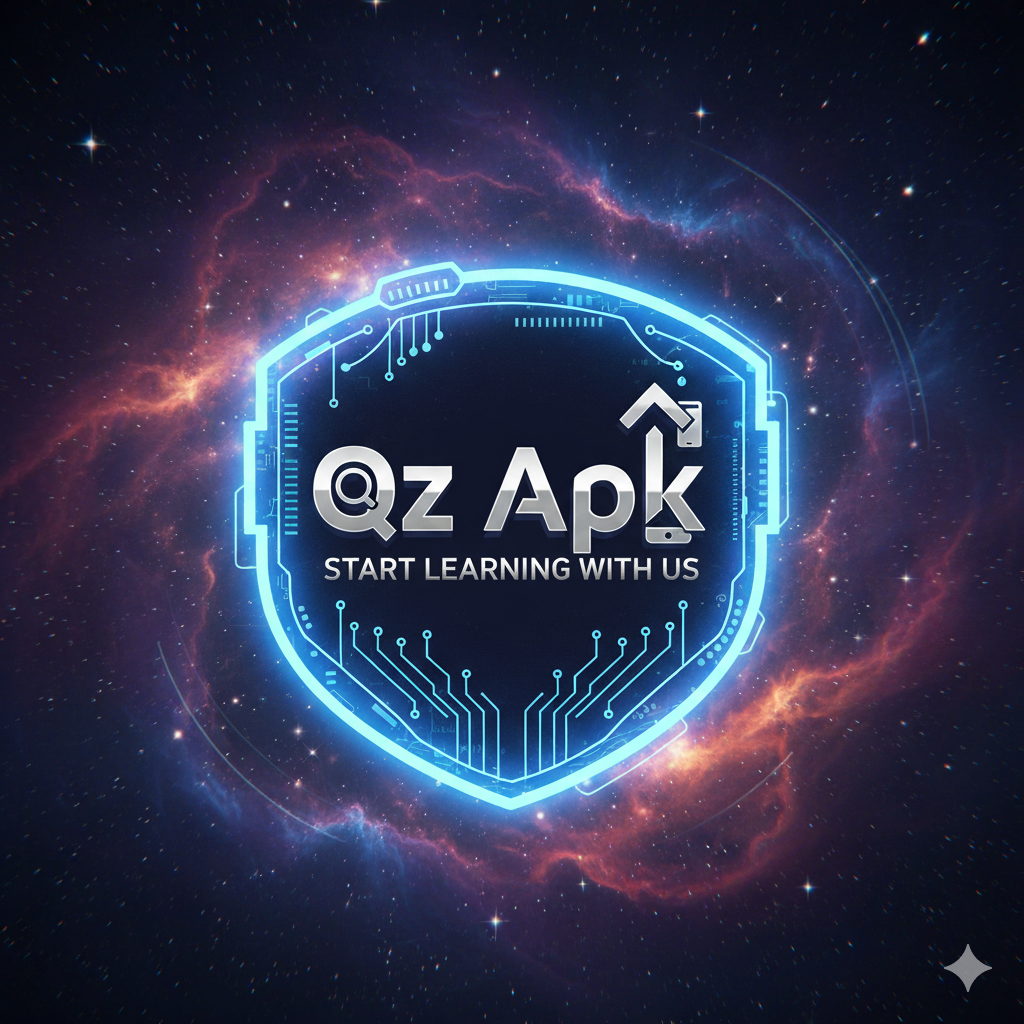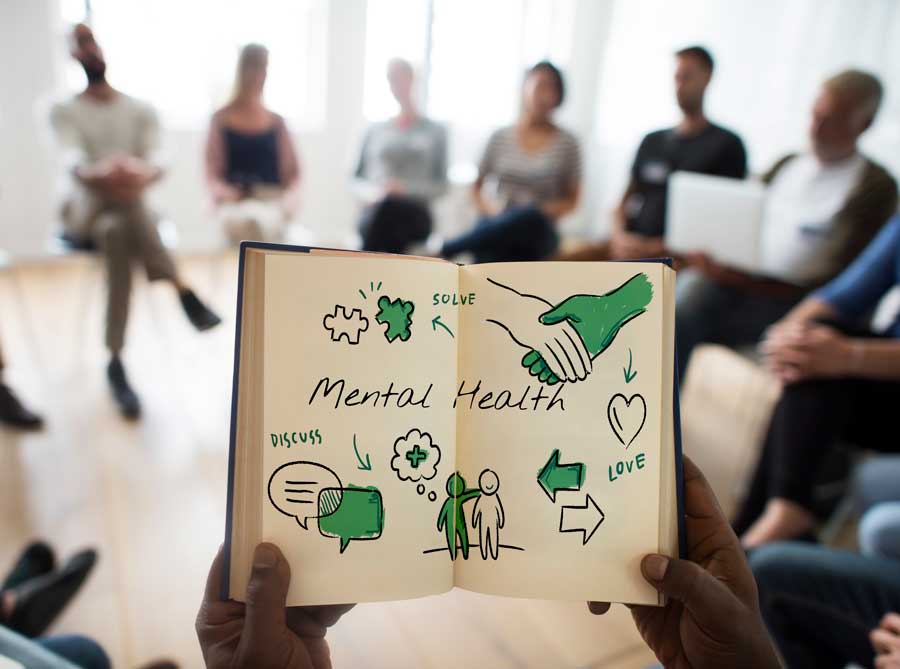Mental health has been a cornerstone of human well-being for centuries, but the ways societies approach emotional and psychological healing have evolved dramatically. Ancient civilizations relied on traditional methods rooted in spirituality, nature, and community, while modern psychology emphasizes science, clinical research, and individual treatment. Today, both traditional and modern approaches coexist — sometimes complementing each other, sometimes clashing. Understanding the strengths and limitations of each helps us see how diverse cultural wisdom and scientific progress can unite to heal the human mind holistically.
The Foundation of Traditional Healing
Traditional mental health approaches are grounded in cultural beliefs, spiritual practices, and collective values. In Indigenous, African, Asian, and Middle Eastern societies, emotional distress has long been viewed as a disruption of balance — between the individual and their community, nature, or spiritual world. Healing rituals, herbal remedies, prayer, storytelling, and music were used to restore harmony. Rather than isolating the patient, traditional systems often involved family and community, ensuring emotional support and belonging. This holistic perspective connected the mind, body, and spirit in a single continuum of health.
The Rise of Modern Mental Health Treatment
Modern mental health care developed primarily in the West during the late 19th and 20th centuries, shaped by psychiatry, psychology, and neuroscience. With the rise of scientific inquiry, emotional disorders came to be seen as biological or psychological conditions rather than moral or spiritual failings. Today, treatments such as cognitive behavioral therapy (CBT), psychotherapy, medication, and neurostimulation are grounded in clinical evidence. The goal is to understand the root cause of mental disorders through research and offer individualized, measurable treatment plans. This clinical approach has saved millions of lives and continues to advance through innovation and neuroscience.
Understanding the Mind-Body Connection
Both traditional and modern systems acknowledge that the mind and body are closely linked, though they approach this connection differently. Traditional healers often focus on restoring “life energy” or balancing elements within the body, such as qi in Chinese medicine or doshas in Ayurveda. Modern science, meanwhile, studies how stress hormones, neurotransmitters, and brain chemistry influence mood and behavior. Interestingly, recent research increasingly supports ancient wisdom — mindfulness, yoga, and meditation, once spiritual practices, are now scientifically proven to reduce anxiety, depression, and blood pressure.
Table: Comparing Traditional and Modern Mental Health Approaches
| Aspect | Traditional Approach | Modern Approach |
|---|---|---|
| Core Philosophy | Mind, body, and spirit are interconnected | Mental illness is biological and psychological |
| Treatment Methods | Rituals, herbs, meditation, communal healing | Therapy, medication, clinical counseling |
| Role of Community | Family and community are central to recovery | Focus on individual therapy and privacy |
| Evidence Base | Based on cultural wisdom and observation | Supported by scientific research and trials |
| Accessibility | Widely available in local communities | Requires trained professionals and infrastructure |
| Goal of Healing | Restore harmony and spiritual balance | Manage symptoms and improve functionality |
The Power of Cultural and Spiritual Healing
For many communities, traditional healing remains vital because it aligns with their worldview and values. Practices such as smudging among Native Americans, qigong in China, and dhikr in Islamic traditions serve as both spiritual and emotional therapies. These rituals help individuals reconnect with identity, heritage, and purpose — factors often missing in modern therapy. Moreover, traditional healers often provide deep empathy and social belonging, addressing loneliness and alienation that modern systems sometimes overlook.
Scientific Validation of Traditional Methods
Modern research increasingly acknowledges the effectiveness of traditional techniques once dismissed as “unscientific.” Meditation and mindfulness are now mainstream psychological tools, while herbal medicines like Ashwagandha, St. John’s Wort, and Ginkgo Biloba are studied for their effects on stress and cognition. Psychologists also integrate storytelling, art, and nature-based therapies inspired by indigenous traditions into trauma recovery. This merging of science and spirituality demonstrates that healing is not confined to one system but thrives through collaboration.
Challenges of Integration
Despite growing recognition, combining traditional and modern methods poses challenges. Traditional healers may lack formal training or access to updated medical knowledge, while modern clinicians may dismiss cultural practices as outdated. Miscommunication and mistrust between systems can hinder holistic care. Furthermore, not all traditional remedies are safe or scientifically proven, just as not all modern treatments are accessible or culturally sensitive. Successful integration requires open dialogue, respect, and evidence-based collaboration.
Mental Health in a Globalized World
Globalization has blurred the lines between traditional and modern healing. Urbanization, migration, and social media expose people to diverse therapeutic ideas — from meditation apps to herbal supplements and psychotherapy. Many individuals now seek a balance between ancient wisdom and modern medicine. A growing number of psychiatrists and therapists adopt integrative mental health models that include mindfulness, nutrition, physical wellness, and cultural context in treatment plans. This shift acknowledges that emotional healing is not one-size-fits-all but deeply personal and culturally influenced.
The Future of Holistic Mental Health
The future of mental health care lies in collaboration. Traditional healers and modern clinicians can complement each other by addressing different dimensions of human experience. Science can validate safe traditional methods, while cultural wisdom can make modern therapy more empathetic and accessible. Programs in countries like India, Kenya, and Brazil already integrate community-based healing with clinical counseling, improving outcomes and reducing stigma. This hybrid model — where culture and science coexist — may represent the most effective way to heal the mind in the 21st century.
FAQs
1. Can traditional and modern mental health treatments work together?
Yes. When guided by evidence and cultural understanding, combining traditional wisdom with modern therapy can create more comprehensive and compassionate care.
2. Why do some people prefer traditional healing over modern therapy?
Because it aligns with their cultural beliefs, offers community support, and feels more personal and spiritually meaningful than clinical treatment.
3. What is the future of mental health treatment globally?
The future is integrative — blending science, spirituality, and cultural understanding to promote mental wellness across diverse societies.



